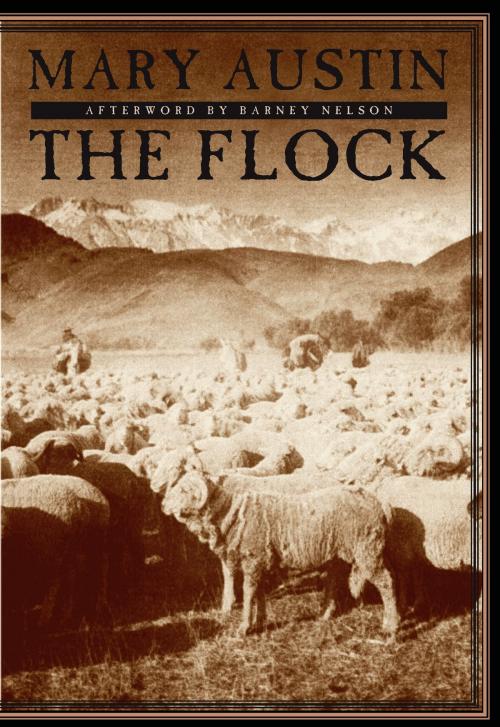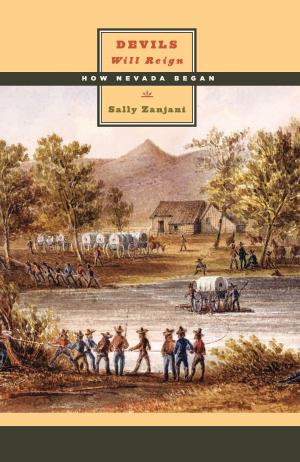| Author: | Mary Austin, Barney Nelson | ISBN: | 9780874177541 |
| Publisher: | University of Nevada Press | Publication: | January 1, 2001 |
| Imprint: | University of Nevada Press | Language: | English |
| Author: | Mary Austin, Barney Nelson |
| ISBN: | 9780874177541 |
| Publisher: | University of Nevada Press |
| Publication: | January 1, 2001 |
| Imprint: | University of Nevada Press |
| Language: | English |
This classic novel, first published in 1906 and based on Mary Austin's own experiences, captures the way of life of shepherds in the Sierra. Austin blends natural history, politics, and allegory in a genre-blurring narrative, championing local shepherds in their losing battle against the quickly developing tourist business in the Western Sierra during the nineteenth century. Austin had met many shepherds while visiting the Tejon ranches of Edward Beale and Henry Miller, and cultivated relationships with men others often thought of as ignorant, unambitious, and dirty, listening closely to their stories. Her neighbors were scandalized, but Austin respected the shepherds’ ways of thinking. Rather than portray these shepherds’ lives as part of a romantic bygone era, in this novel, she instead positions them as exemplifying potentially radical ways of living in and thinking about the world. Afterword by Barney Nelson.
This classic novel, first published in 1906 and based on Mary Austin's own experiences, captures the way of life of shepherds in the Sierra. Austin blends natural history, politics, and allegory in a genre-blurring narrative, championing local shepherds in their losing battle against the quickly developing tourist business in the Western Sierra during the nineteenth century. Austin had met many shepherds while visiting the Tejon ranches of Edward Beale and Henry Miller, and cultivated relationships with men others often thought of as ignorant, unambitious, and dirty, listening closely to their stories. Her neighbors were scandalized, but Austin respected the shepherds’ ways of thinking. Rather than portray these shepherds’ lives as part of a romantic bygone era, in this novel, she instead positions them as exemplifying potentially radical ways of living in and thinking about the world. Afterword by Barney Nelson.















